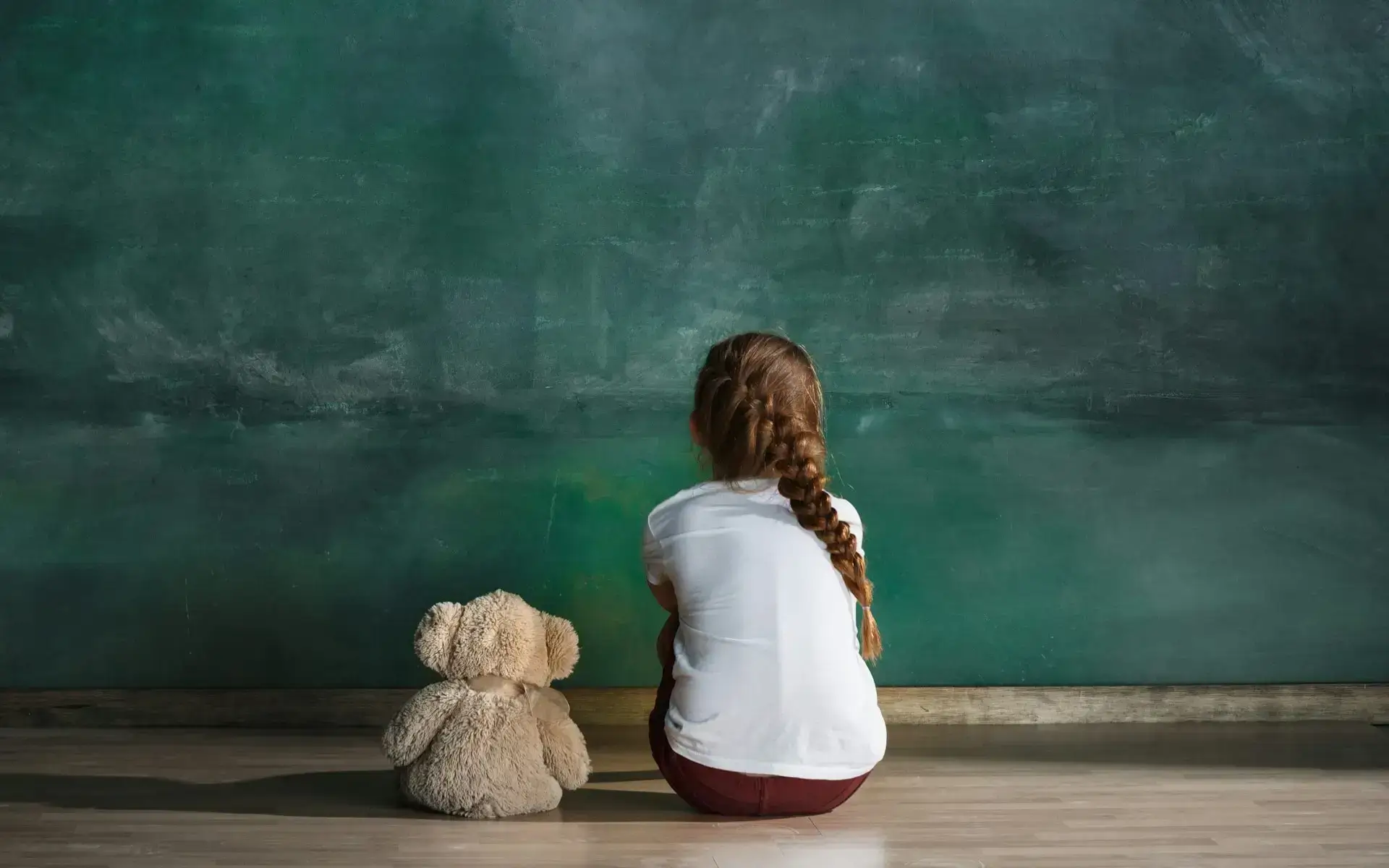Loneliness in childhood, often overlooked, can have far-reaching consequences, especially on mental health in adulthood. A recent study reveals the alarming connection between early-life isolation and the risk of developing psychosis, with astonishingly higher implications for females.
The feeling of loneliness in childhood isn’t just about missed playdates or lack of companionship. It can lead to severe mental health issues later in life. A recent study presented at the European Congress of Psychiatry sheds light on this under-researched area.
The research involved studying the first instances of psychosis in 285 individuals and comparing them with a control group of 261 people without psychosis. The primary focus was on those who had felt lonely for more than six months before turning 12.
“There is increasing evidence of the negative health and social consequences of loneliness in adults, but much less is known about the long-term effects of loneliness in young people,” Dr. Covadonga Diaz-Caneja of the Institute of Psychiatry and Mental Health, Hospital General Universitario Gregorio Maranon, Madrid, Spain, said in a statement during the conference, which took place April 6-9 in Budapest, Hungary.
The study uncovered that children who felt isolated had a higher likelihood of dealing with psychosis — a severe mental disorder characterized by loss of contact with reality, hallucinations, delusions, and disrupted thoughts — in their later years. This risk was notably more pronounced in women who reported feeling lonely in their early years.
Childhood loneliness was associated with a 117% increased chance of experiencing a psychotic episode later in life even when accounting for factors such as social isolation, according to a report by the Independent.
Interestingly, the research found that women who felt lonely during their elementary school years had a 374% increased risk of developing psychosis in adulthood. In contrast, the risk only rose by a marginal 17% for men with a similar experience. The exact reasons for this stark gender difference are yet to be fully understood.
In 2022, the US officially recognized loneliness as an epidemic. The emotional and mental health of many Americans had worsened significantly, largely due to the feelings of loneliness that grew during the pandemic.
Loneliness is not just a state of mind; it poses serious health risks. Some studies have even equated the health risks of loneliness to smoking 15 cigarettes a day. Mental health practitioners are increasingly warning about these dangers and advocating for early interventions to prevent long-term damage.
Experts emphasize the importance of addressing social connectedness and emotional well-being from a young age to mitigate the impact of loneliness. Interventions may include fostering communication skills, promoting social interactions, and providing emotional support.




